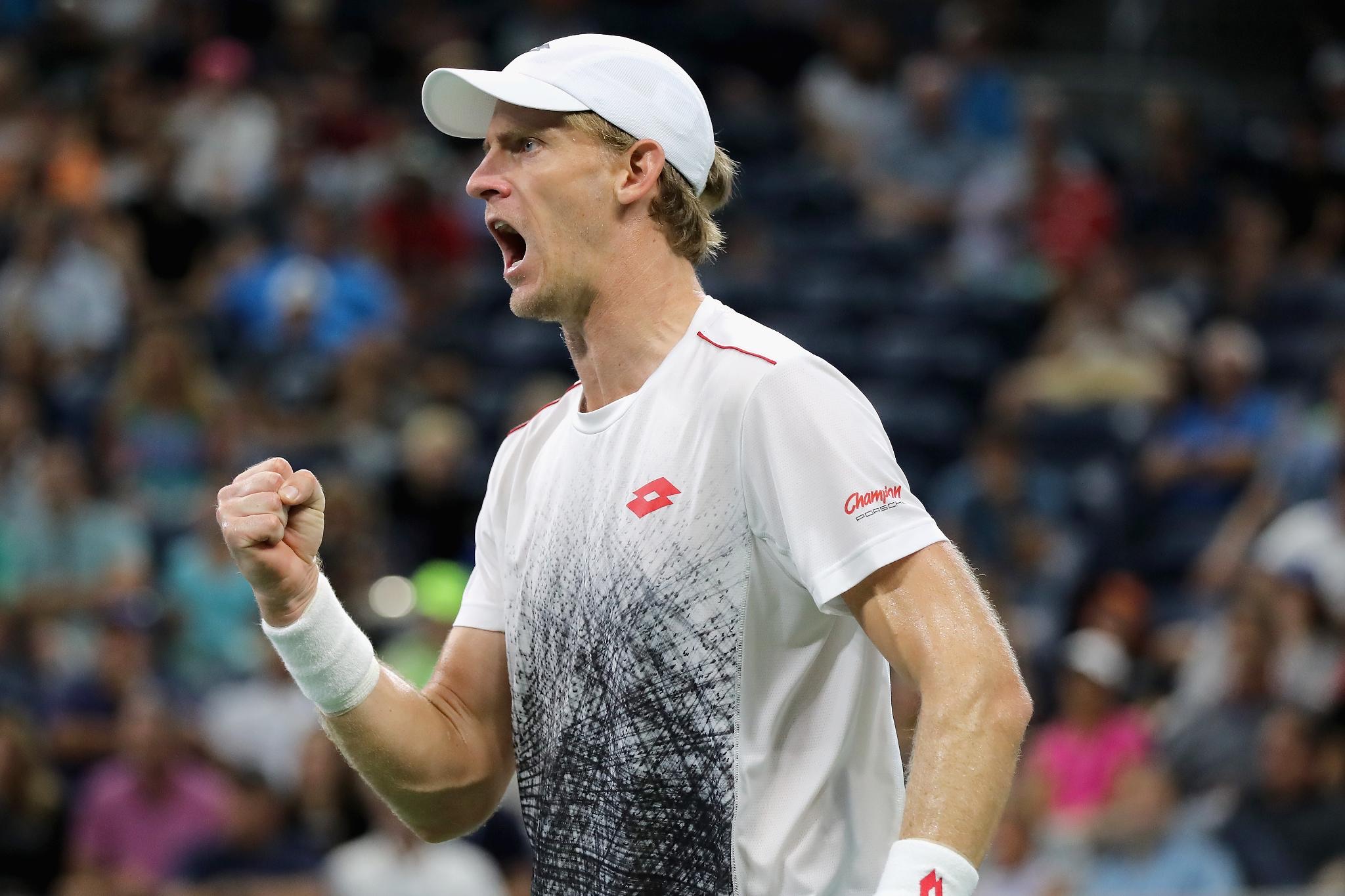Kevin Anderson has said that the connection between players and the tours are ‘terrible’ and must improve after the sport’s reaction to Russia’s invasion of Ukraine.
Anderson announced his retirement from tennis last month but is looking to improve communication between the players and the tour.
The South African worked on the ATP players council and has admitted the connection between the tours and the players is terrible, “Speaking with a couple of the players who I’ve known, you almost feel a personal connection. It’s obviously terrible and I think any things that can be done to try and help end it is really important,” Anderson told BBC Sport Africa.
Anderson is obviously referring to the sport’s confusion in messages when reacting to Russia’s invasion of Ukraine.
Wimbledon became the first tournament to ban Russian and Belarusian players from playing.
While other tournaments have allowed them to play but under a neutral flag and the US Open has recently said that they will allow Russian and Belarusian players to compete.
In reaction to Wimbledon’s ban, the ATP and WTA announced that there would be no ranking points on offer at this year’s event which has seen a number of players including Naomi Osaka unsure whether to compete this year.
Although Anderson sympathises with Ukrainian players such as Sergiy Stakhovsky and Elina Svitolina the South African has said the decisions have been difficult for the majority of players, “That’s why I can understand Wimbledon’s position, given the significance of the event. On the flip side, it’s tough as players,” Anderson said.
“Now we’re in a position where there’s a lot of players who won’t be able to even play for points. I don’t think there’ll ever be a fully correct answer. Just in the council there’s been a lot of different opinions of what to do.
“As players sometimes you feel like Grand Slams act a little bit independently. As much as I can understand Wimbledon’s decision and some of the reasons, moving forward there needs to be better communication between these entities and the players.
“But I think one of the biggest things that is important for the players is to have a little bit more say at the decision-making table, especially at the slams. Wimbledon’s one of the most iconic tournaments in the world. Everybody wants to try figure out a solution.”
Even though Anderson has retired from playing the sport he’s loved since a child, the South African is still president of the ATP council.
Speaking on his future Anderson has said that he’s looking forward to helping tennis in a different way, “When I retired, I let the council know, and was saying: ‘If I’m not there, it’s probably time for me to step off’,” Anderson admitted.
“But we saw that even though I’m not on the tour, the amount of time I’ve spent with all these different topics [has given me] a lot of experience. So I was like, ‘I’d be happy to continue and provide as much help and advice that I can’.
“I’m always passionate about helping the players and so even though I’m not actively playing, I’m still involved, at least for this next little while trying to still give the players a voice and still push their agenda.”






